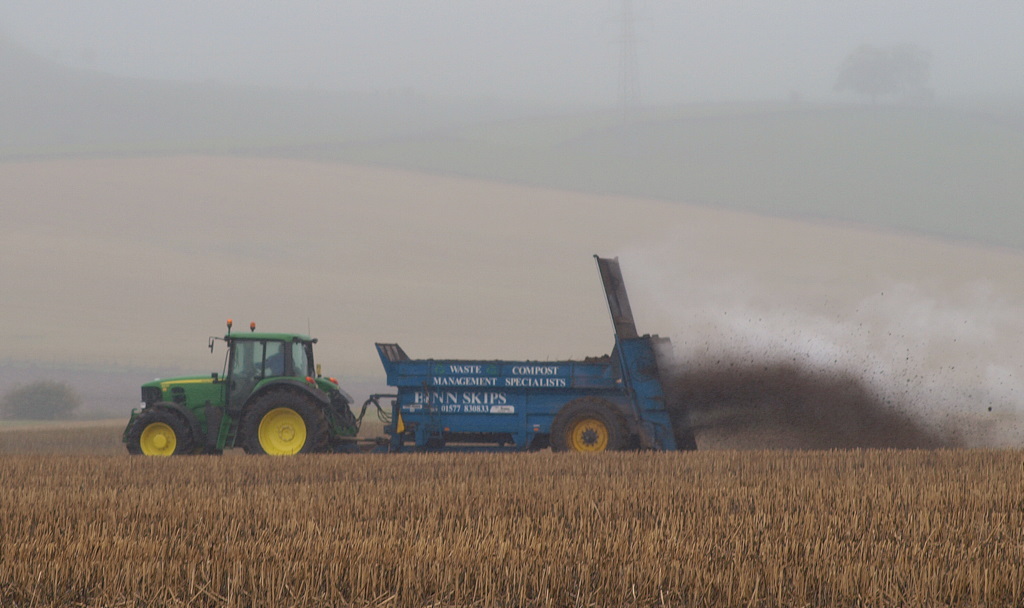The increase in the availability of nitrogen and phosphorus, commonly known as eutrophication, has led to a fundamental disbalance in the natural environment. Eutrophication affects ecosystems at all levels, and has profoundly altered many freshwater, marine and terrestrial habitats. While this will be an extremely difficult problem to tackle, there may be opportunities to change the way in which we use these chemicals in future. John Hopkins explains the causes and effects of eutrophication, and suggests some starting points for reducing its impacts.
One change did more damage to Britain’s terrestrial and freshwater biodiversity in the 20th century than any other. It has also affected marine life and done more than climate change to push the earth closer to unsafe operating limits (Steffen et al. 2015).
